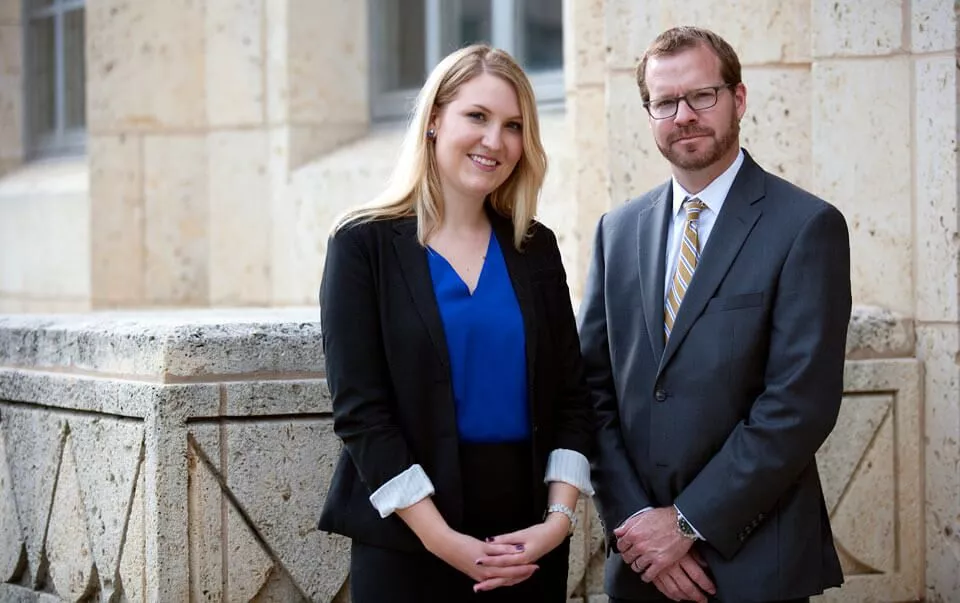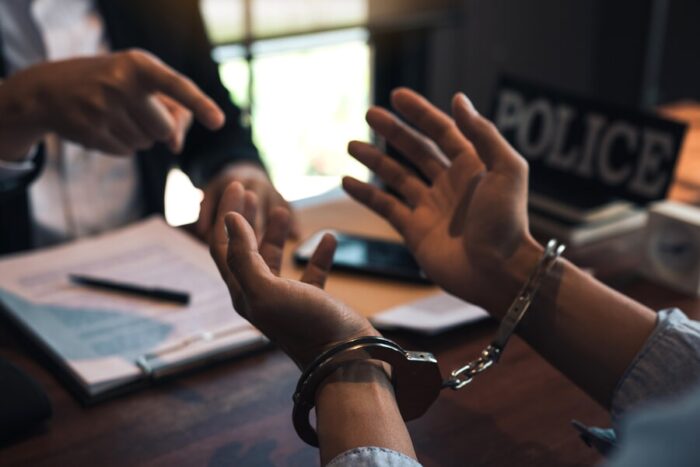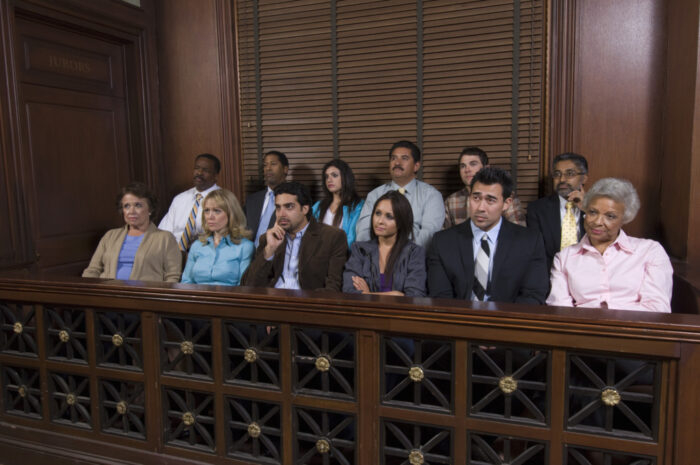
Hays County drug laws are some of the toughest in the country. Serious drug charges like trafficking and possession with the intent to distribute are felonies in Hays County and carry with them the possibility of significant fines and time in prison. Because of the severe penalties associated with drug-related convictions, many defendants end up taking their case to trial in hopes they can beat the charges and walk free.
Taking a drug case to trial can be risky, so before you make a decision, you should familiarize yourself with how criminal trials work and the steps involved in the court process. Then you can make an informed decision about your options.

Deciding To Go To Trial
Criminal trials take place when criminal charges cannot be resolved through an agreement and require a judge or jury to issue a verdict. It is also possible to avoid a trial by having the charges dismissed prior to trial due to insufficient evidence. In most drug cases, prior to trial, there will be an opportunity to resolve the case by making a plea agreement. A plea agreement typically works by the prosecutor offering to recommend a lighter sentence in exchange for a guilty plea. In other words, if the defendant agrees to admit that he/she is guilty of the charges, then the prosecutor will recommend to the judge that the defendant receive a specific sentence.
Every defendant has the right to reject a prosecutor’s offer and take their case to trial. It is essential to understand that it is the duty of a criminal defense attorney to relay all plea agreement offers and advise the defendant if they should accept or decline. Ultimately the decision to go to trial can only be made by the defendant. The defendant also must decide whether they want the case to be decided by a judge or a jury. There are advantages to both, and your criminal defense attorney should advise you on which option you should select.
Jury Selection
If you have decided to have a jury trial, then you and your attorney must go through the process of jury selection. This process consists of both the prosecutor and defense attorney interviewing potential jurors and picking the jurors they feel are best suited to hear the case. Jurors must be impartial, or in other words, they cannot openly favor either side. Jury selection is an important process of a trial and, in some instances, can be the deciding factor on how the case will ultimately turn out.

Discovery And Pre-Trial Motions
Before the trial can begin, the prosecutor must hand over all relevant evidence collected by the police to the defendant’s lawyer through the process of discovery. This can include witness statements, lab reports, police reports, and photo or video evidence. If the prosecutor fails to hand over relevant evidence before the trial begins, the defense attorney could appeal the jury’s decision and have the case thrown out.
Pre-trial motions are requests from either the prosecutor or defense attorney for the court to take a specific action. In drug cases, this usually involves the defense attorney asking the court to exclude evidence. Because many drug cases involve the discovery of drugs during a car stop, motions to exclude the evidence obtained as a result of the car stop are common. If the defense attorney can convince the judge that the car stop was illegal, then the evidence obtained from the car stop or search must be thrown out. If this happens, the prosecutor may have no choice but to withdraw the drug charges.
The Trial Itself
Once the trial begins, the defense attorney and the prosecutor will have an opportunity to make opening statements. This portion of the trial is typically used to outline the theory of the case and begin to paint a picture for the jury of what each side believes happened leading up to the charges being filed. It is important to remember that only the prosecutor must present evidence and argument in a trial, and the defense attorney is not required to present a defense. It is solely the job of the prosecutor to prove beyond a reasonable doubt that the defendant is guilty of the crimes they have been charged with.
After opening statements, the prosecutor will present evidence and call witnesses to the stand. In a drug trial, it is common for the police officers that made the arrest and did the investigation to provide testimony. The defense attorney will have the opportunity to cross-examine any witnesses the prosecution calls. During cross-examination, the defense attorney can attempt to point out inconsistencies in the witnesses’ story and call into question their credibility.
In drug case trials, the prosecution may also present evidence concerning the drugs that were seized. In many cases, it will need to be proven that the seized drugs were tested and confirmed to be illegal substances. Lab reports and testimony from lab technicians are often necessary to show that the seized drugs were handled properly and were confirmed through testing to be illegal controlled substances. If the defense attorney can call into question the lab report, the testimony of the technician, or show that the drugs were not handled properly, then that may be enough to create reasonable doubt and cause the jury to vote not guilty.
After all evidence has been presented, the prosecution and the defense will have the chance to make closing arguments. Unlike opening statements, closing arguments are when the lawyers for both sides can draw conclusions and make arguments based on the evidence that has been presented. Closing arguments are usually when the attorneys make their final pitch to the jury and are the last step before a verdict is reached.
After closing arguments are completed, the judge or jury will make a decision and issue a verdict. All jurors must agree for a defendant to be found guilty. If only one juror votes not guilty and the rest vote guilty, the case will end in a mistrial, and the defendant will be released. If all jurors vote for not guilty, then the defendant will be acquitted of the charges, and the trial will end. After an acquittal, the defendant can never be re-tried for the same offenses.

Hays Country Criminal Drug Case Defense Attorneys
Criminal drug trials in Hays County are high-stakes proceedings. If you are facing drug charges in Hays County, you cannot afford to take a gamble on an inexperienced or unqualified attorney. You’ll need a criminal attorney who knows the law and who has tried a significant number of drug cases. With over 60 years of experience, the attorneys at Cofer & Connelly know how to defend against drug charges and are comfortable going up against Hays County prosecutors.
















